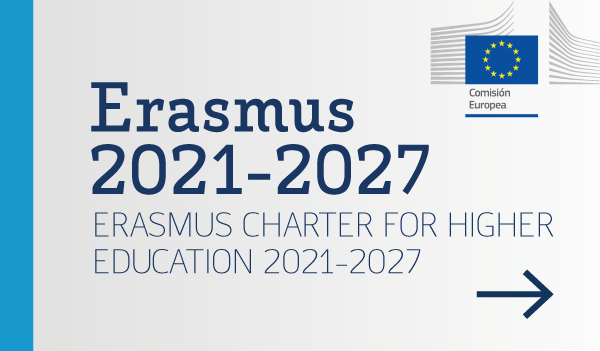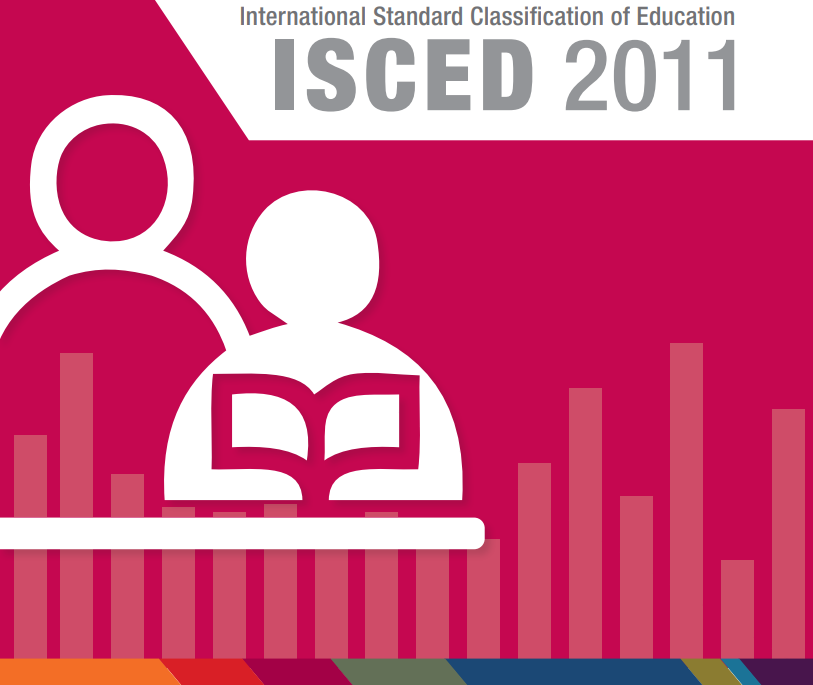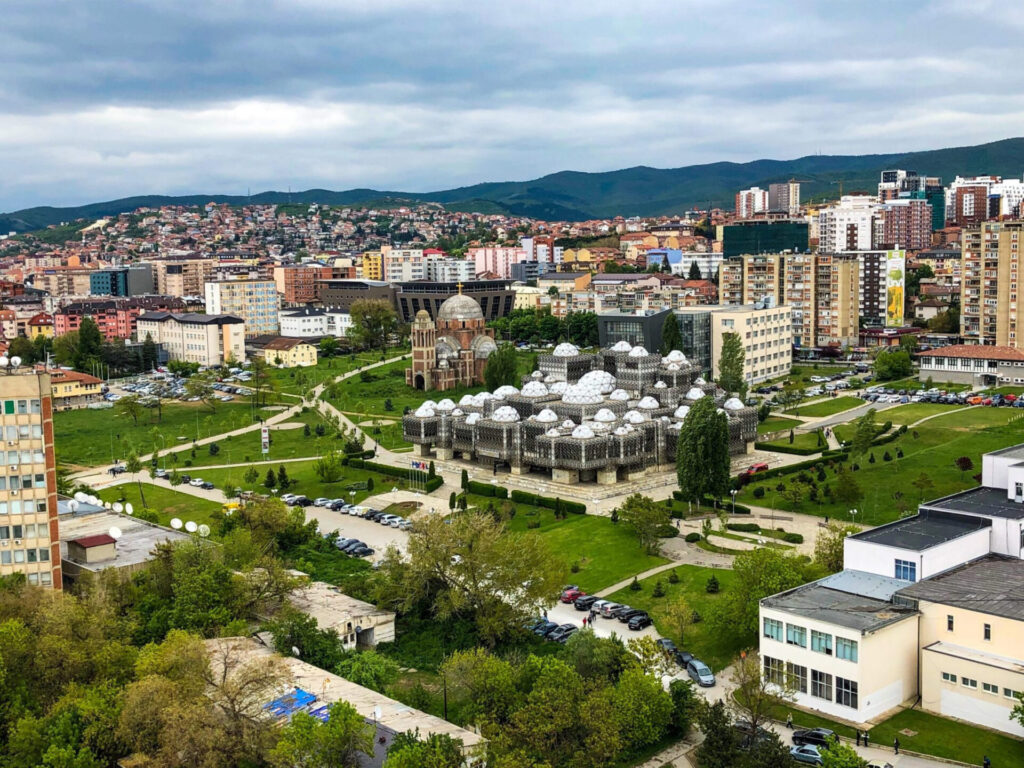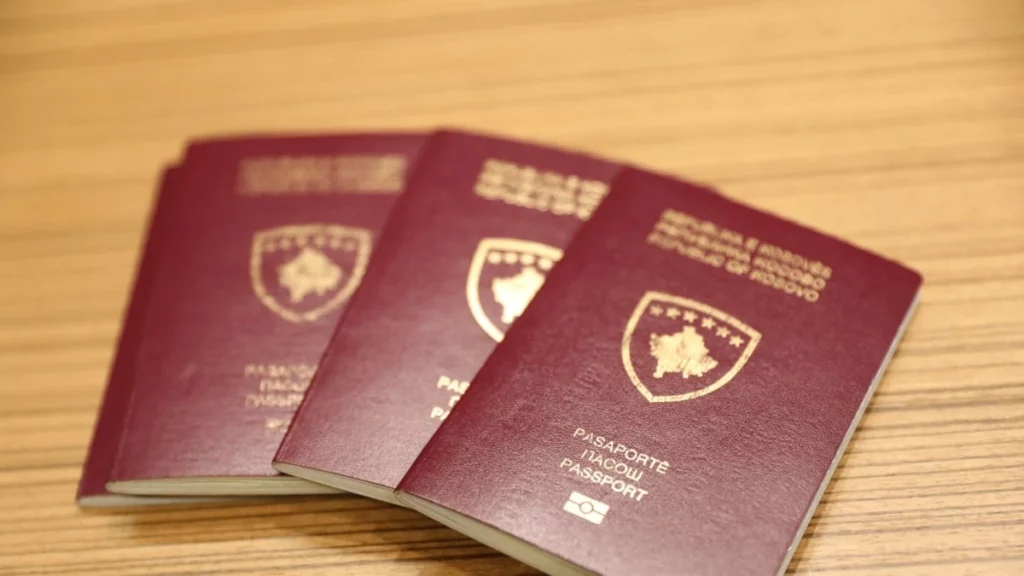

AAB College participates actively in the Erasmus+ programme and supports student exchanges in Erasmus partner countries and teaching and training exchange for staff. The Erasmus Charter can be seen in the link below.
The constitution of the United Nations Educational, Scientific and Cultural Organization (UNESCO) was adopted by 20 countries at the London Conference in November 1945 and entered into effect on 4 November 1946. The Organization currently has 195 Member States and 8 Associate Members. The main objective of UNESCO is to contribute to peace and security in the world by promoting collaboration among nations through education, science, culture and communication in order to foster universal respect for justice, the rule of law, and the human rights and fundamental freedoms that are affirmed for the peoples of the world, without distinction of race, sex, language or religion, by the Charter of the United Nations.
Kosovo, having achieved a status of free movement within most European Union countries, allows its citizens to travel and engage in academic exchanges across the continent with relative ease. This freedom is crucial for facilitating academic collaborations and enabling students and staff to participate in exchanges, research projects, and various scholarly activities that enhance the educational environment. However, despite these advancements, five EU member states—Spain, Cyprus, Greece, Slovakia, and Romania—do not recognize Kosovo’s independence. As a result, students and staff from Kosovo are required to obtain visas to travel to these countries, which can present significant barriers to academic mobility and limit opportunities for collaboration and development.
In this context, Erasmus+ projects play a pivotal role in enhancing academic and professional opportunities for students and staff across Europe and beyond. These initiatives are essential for facilitating international study programs, research projects, and capacity-building activities. For AAB students, Erasmus+ offers invaluable exposure to diverse educational settings, fostering cross-cultural understanding and academic growth. For AAB academic and administrative staff, it provides opportunities for professional development, knowledge exchange, and networking. By supporting a wide range of activities—from academic courses and internships to strategic partnerships and capacity-building projects—Erasmus+ significantly enhances the quality and impact of education and training. Ultimately, by promoting mobility and collaboration, Erasmus+ helps build a more interconnected and innovative academic community, driving progress and excellence in higher education despite the existing limitations imposed by non-recognizing countries.



